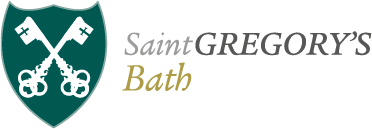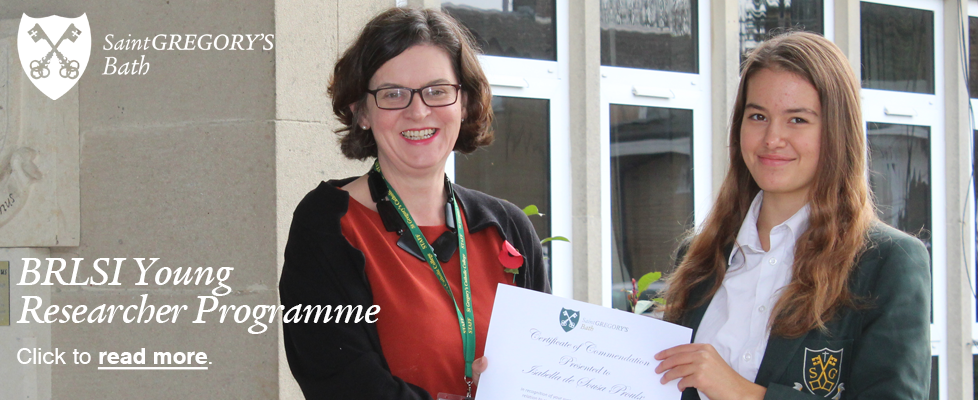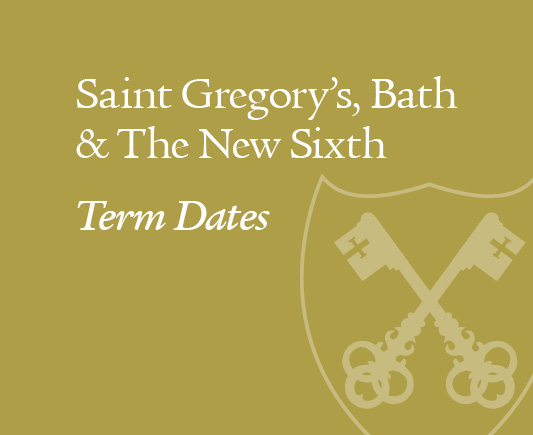We are thrilled to congratulate Isabella in Year 10 on her recent achievements at the BRLSI’s Young Researcher programme with the University of Bath.
Isabella completed her research project using the title ‘Does Sound impact mold growth?’
The research project culminated with a formal presentation by Isabella, detailing her research to a lecture hall that included Bath University academic staff, PhD students, the Mayor, Council Chair, and MP Wera Hobhouse. Isabella was also interviewed by Ali Knowles for BBC Radio Bristol.
Further information on the BRLSI programme, including details on Isabella’s research project can be found at: http://www.spanglefish.com/youngbrlsi/brlsiresearchers2016-17.asp
Isabella describes the experience in her learning journey reflection, below:
“Coming into this program I expected to make a poster and learn a bit about how to make a good one and present it in a good and interesting way that would interest the public in what I was researching. I was also hoping to learn how to make a more professional-looking poster, and what you’re actually supposed to have in a power point in order to make it better.
I was introduced to BRLSI through my parents since they saw something up about it in the University and thought it might be good for me to find out about. So, on October 7, I went along with them to see what it was actually aiming for people like me to be able to do, and I saw all the presentations from last year there. After seeing how professional and engaging all of theirs were, I wanted to learn how to make a poster and presentation like that so I decided to join BRLSI.
From this experience I learned that as a scientist you don’t have to freak out when you’re asked hard questions. It’s ok just to say that you don’t know and even just try to improvise a bit. I also learned how important presenting your research is.
The main obstacle I faced in my research here was getting the right resources for my experiment. In the end I managed to get most of the things I needed by asking for them, but I did also have to change my experiment a bit to fit with what was actually possible to do. However, I managed to get through this, and realised that it wasn’t really such a big deal. It actually helped me a bit because my experiment ended up more uniquely interesting.
In the future I would like to use my research to help find a type of sound cure for the disease Aspergillosis. I would like to do this since during the festival at the University of Bath a lady came up to me and told me about this disease since her mother had it. I hadn’t actually heard of it before, but I was happy to find out that my experiment could prove useful to the real world. Hopefully with better resources I will be able to conduct further research on this topic and use it to make a real difference and actually help people.”
Well done, Isabella!




